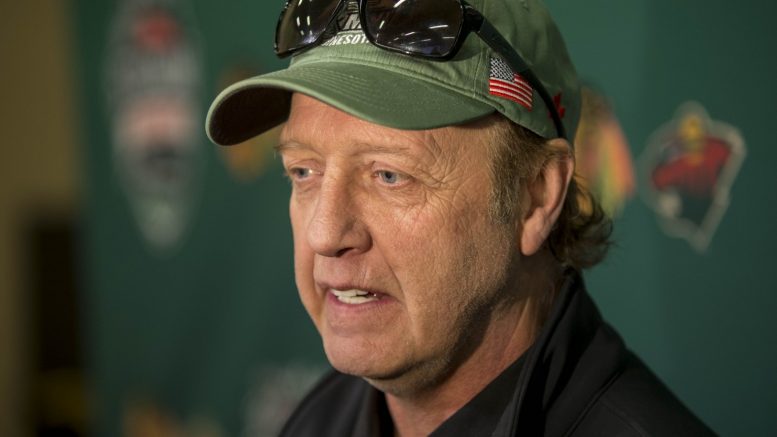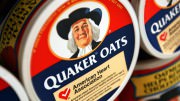During the ongoing class-action lawsuit brought against the National Hockey League by retired players, the NHL Alumni Association has maintained impartiality while many people on the players’ side allege it has served as a powerful tool to help suppress involvement from players.
The NHL Alumni Association is embedded in the sport on a level unmatched with other North American professional sports and similar groups. Retired players in the association receive tickets to games and in-game tributes. Many rely on payments for appearances and playing in alumni games to support themselves post-career.
“A number of players, all of a sudden, there were no more appearances for them” when they joined the suit, said Allan Walsh, a prominent player agent. “They weren’t invited to come out and play games. They basically got frozen out. And that’s the greatest weapon the league could have against some of these retired players.”
NHL Alumni Association President Mark Napier denied players who joined the lawsuit lost benefits.
“Alumni members have never been told they would lose any of their privileges regarding any matter,” Napier said in an email to The Post.
But many on the players’ side have called the association’s relationship with the league into question. In August 2014, according to emails made public through the case, former defenseman Brad Maxwell, the president of the Minnesota alumni chapter, wrote a letter to retired players in his chapter. Maxwell was one of the first players to join the suit, and a neurologist would be in Minnesota and available to give them tests. The testing had been set up through the attorneys on the players’ side, Maxwell said, but he intended the letter to be informative.
“I’ve always tried to keep it separate,” Maxwell said. “I’m not preaching to say you need to join this case. That’s not what I’m about. What I was trying to do was, we had the opportunity to listen to a neurologist. Come and listen to what this guy has to say. It was a letter I sent out, basically that if you want to come down and listen to this guy, you’re welcome to do it.”
Maxwell included Napier on his email. Napier subsequently forwarded the letter to NHL deputy commissioner Bill Daly and included a message.
“Fyi. Don’t think they are getting much traction,” Napier wrote to Daly. “Will keep monitoring.”
When he learned Napier had sent the letter to Daly, “I just felt astounded,” Maxwell said.
“They’ll probably deny this: I know for a fact the NHL and NHLPA both help the NHL alumni financially,” Maxwell said. “That’s just them scratching their backs.”
In an email to The Post, Napier wrote, “The NHL Alumni Association is internally reviewing current publicly available information on any email correspondence between the NHLAA and the National Hockey League. The NHL Alumni Association considers this a private internal matter. We remain independent from the National Hockey League and the NHL Players Association and as such take a neutral position regarding any possible litigation.”
Still, many retired players believe the association’s influence on retired players has affected how many players want to join the class-action suit.
“As a retiree, you’re wondering — or you shouldn’t be wondering any longer — why you haven’t got information from them,” former all-star defenseman Gary Leeman said. “I believe myself it’s set up in a way that it’s tough for guys to understand what’s going on.”
Source: www.washingtonpost.com




